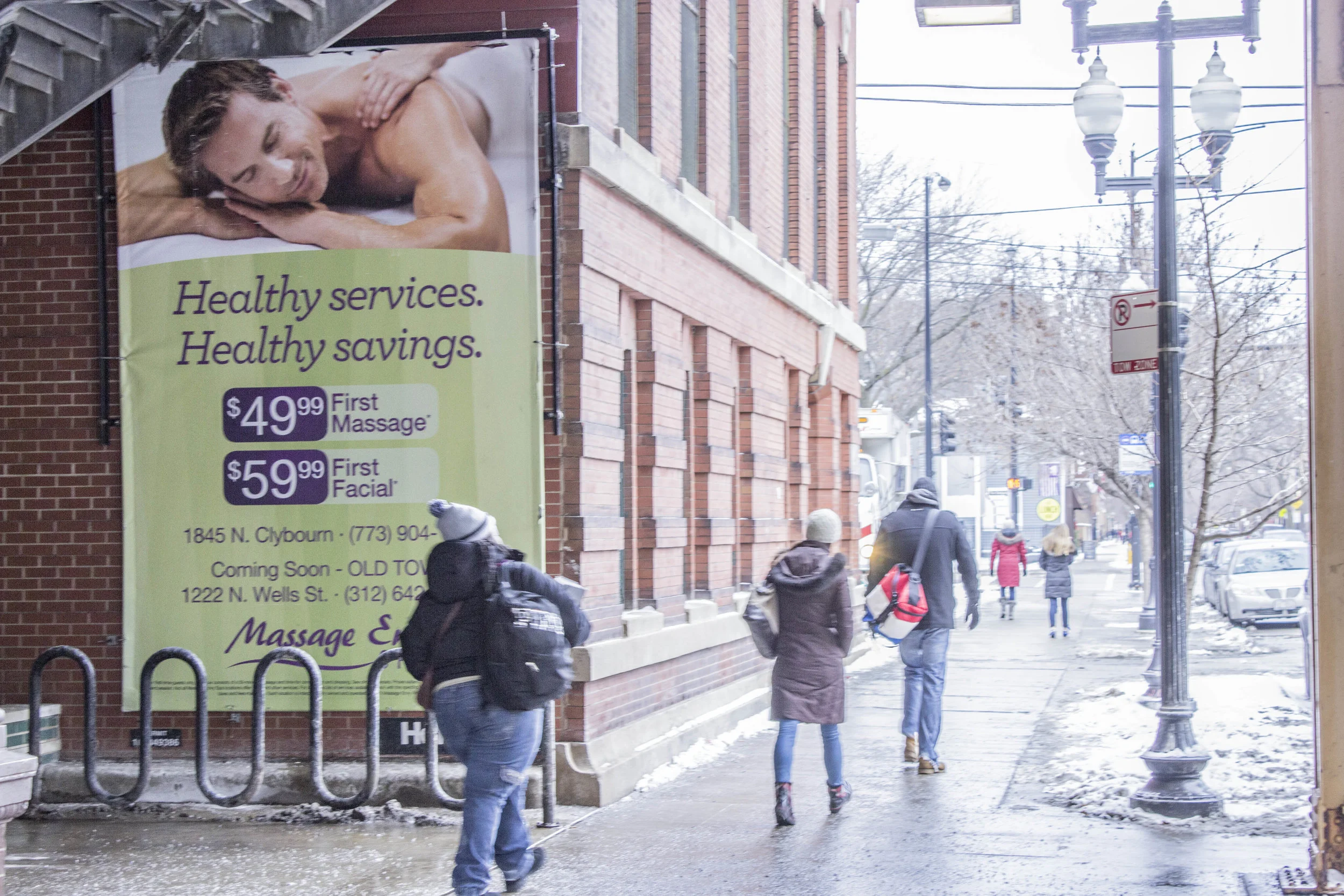With the passage of the 2018 Farm Bill, allowing for the cultivation, transportation and sale of hemp and hemp-derived products, the CBD industry was born. CBD, a compound derived from the cannabis plant, has shown promising effects in treating pain, seizures, anxiety and insomnia. And legislative changes have brought product into the realm of health and wellness products and distinguished CBD from marijuana which has psychoactive effects and is still recognized at the Federal level as a Schedule I narcotic.
But even with this change at the Federal level, companies that manufacturer and market CBD products face a myriad of issues with advertising their product effectively, with platforms like Google, Facebook and Instagram prohibiting or strictly inhibiting the effective advertisement of CBD products. More traditional methods, like billboard advertising, have emerged as an effective alternative for promoting brand awareness and online engagement.
But in a fast moving industry (projected to grow to a $22 billion market by 2022), marketers of CBD products should heed some common sense guidelines when marketing with billboards.
Only Advertise CBD Products that are Legal
The 2018 Farm Bill changed the treatment of hemp and hemp-derivatives like CBD that meet specific guidelines, mainly that the product be derived from hemp (not marijuana) and contain less than 0.3 THC. Products that don’t meet these guidelines, would be considered marijuana and would not be afforded protections under the new legislation.
When advertising CBD products, marketers should avoid any imagery or language that would connect CBD with marijuana (leaf or smoke imagery, etc.). Additionally, if advertisements direct to a website, all products on the site should be compliant with Federal law. And because hemp is also regulated at the state and Federal level, CBD companies should do some research to make sure their product is compliant with guidelines issued by the state department of agriculture. But generally, if the product meets the Federal standard, the advertisement should not raise problems at the local level.
Avoid Advertising CBD Infused Foods
While the Farm Bill legalized hemp and hemp-derived CBD products (like CBD Oil), the marketing of CBD infused-foods introduces a new level of regulatory scrutiny, mainly from the Food and Drug Administration. In a recent statement, the FDA Commissioner Dr. Scott Gottlieb stated that “CBD and THC are active ingredients in FDA-approved drug products and were the subject of substantial clinical investigations before they were marketed as food.”
Featuring CBD-infused food products in billboard advertising will invite an added layer of scrutiny and complexity in marketing CBD brands and products.
Be Careful when Advertising Health Benefits
Similarly, touting specific health benefits of a product can bring additional scrutiny from the FDA as well as the Federal Communication Commission. In the same statement, Dr. Gottlieb states “we treat products containing cannabis or cannabis-derived compounds as we do any other FDA-regulated products. Among other things, the FDA requires a cannabis product (hemp-derived or otherwise) that’s marketed with a claim of therapeutic benefit to be approved by the FDA for its intended use before it may be introduced into interstate commerce.”
The FDA also notes health claims need to be approved, and has sent warning letters to companies making illegal, unapproved claims about products with CBD. Smart CBD marketers can effectively use imagery and language that associates their brand with health benefits, but specific claims (especially without clear evidence) should be avoided.
Adhere to Accepted Industry Guidelines
At the early stages of a burgeoning industry, many marketers are adhering to guidelines that the alcohol brands enforce for advertising their products on out-of-home media. These self-enforced standards are familiar to most billboard companies and may help them become more comfortable working with CBD companies in advertising a product they are not familiar with.
These standards establish exclusionary zones that prohibit advertisements of products illegal for sale to minors that are intended to be read from, at least 500 feet of, elementary and secondary schools, public playgrounds, and established places of worship. These standards also prohibit displaying the consumption of the product on the advertisement.
While the industry grows in prominence and acceptance, using time-tested guidelines may help brands, media companies and audiences get more comfortable with the way the product is advertised.
Whether you are a single location retailer, direct-to-consumer website, or a large brand or wholesaler our Chicago billboard experts can help you navigate some of the important issues around CBD advertising. Additionally our neighborhood knowledge and advertising expertise will help you find locations that work for you and drive results for your business.
Contact us today for more information on CBD advertising options.







We were able to utilize Deljo’s budget to make sure that they are in the best pockets of the neighborhoods that they’re looking to reach.